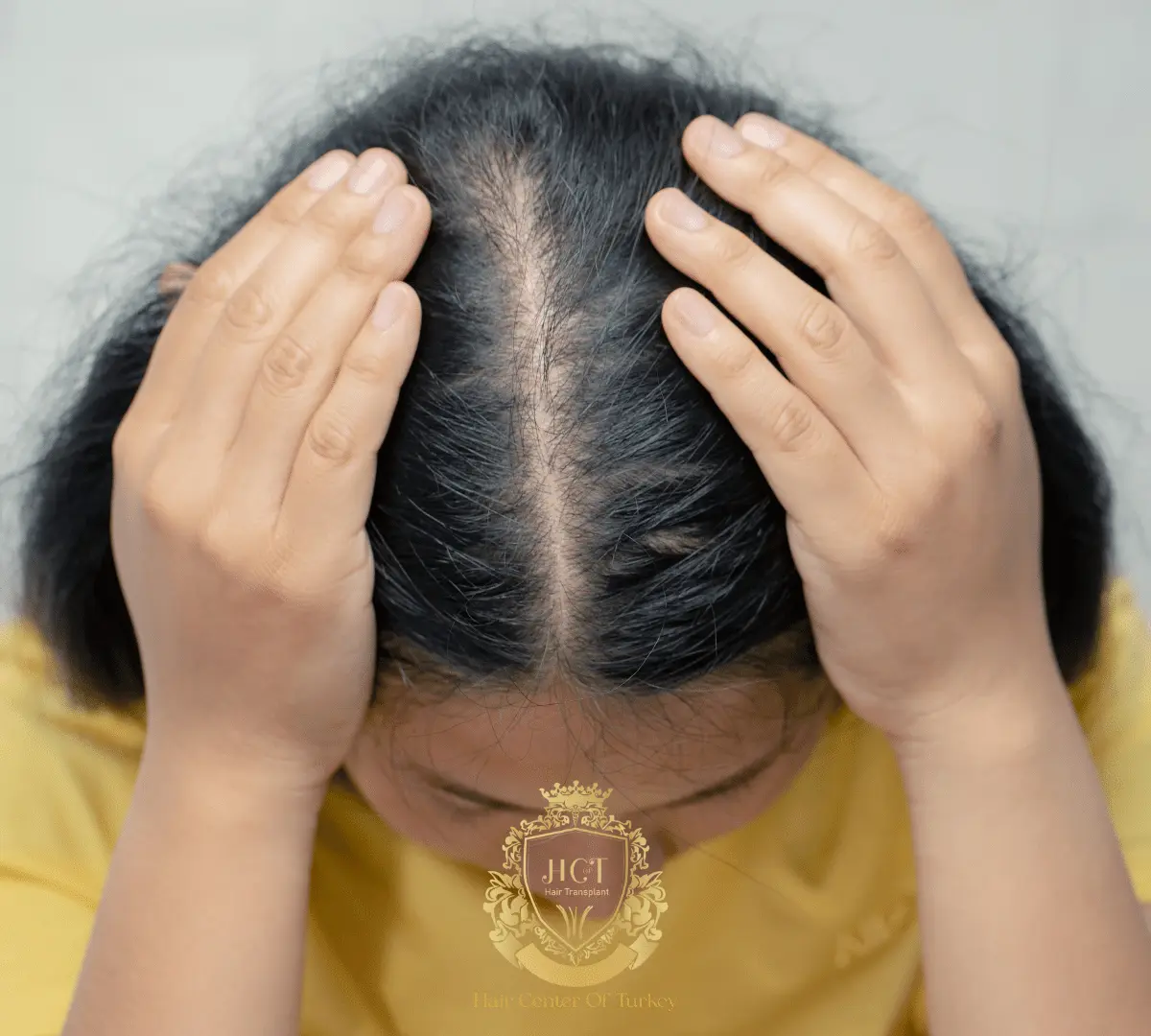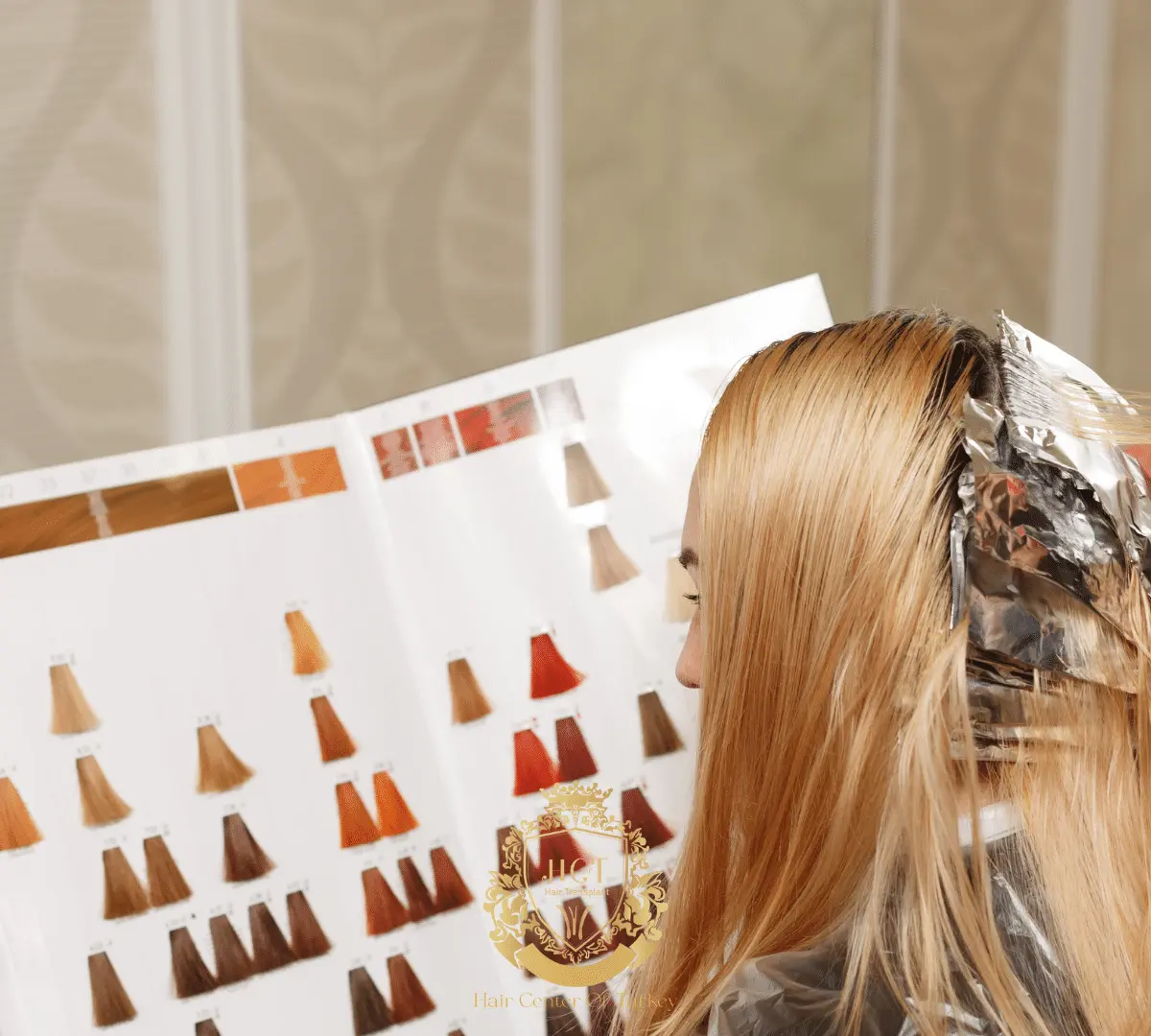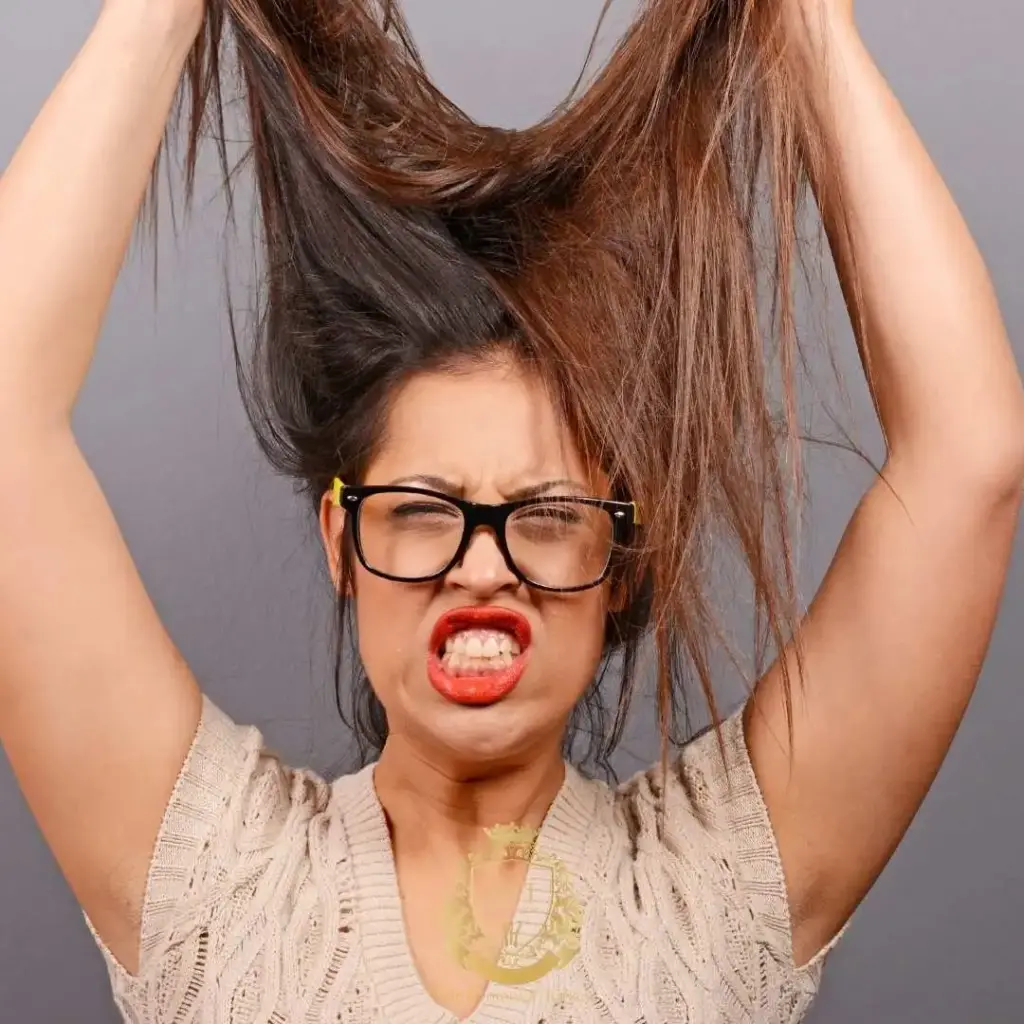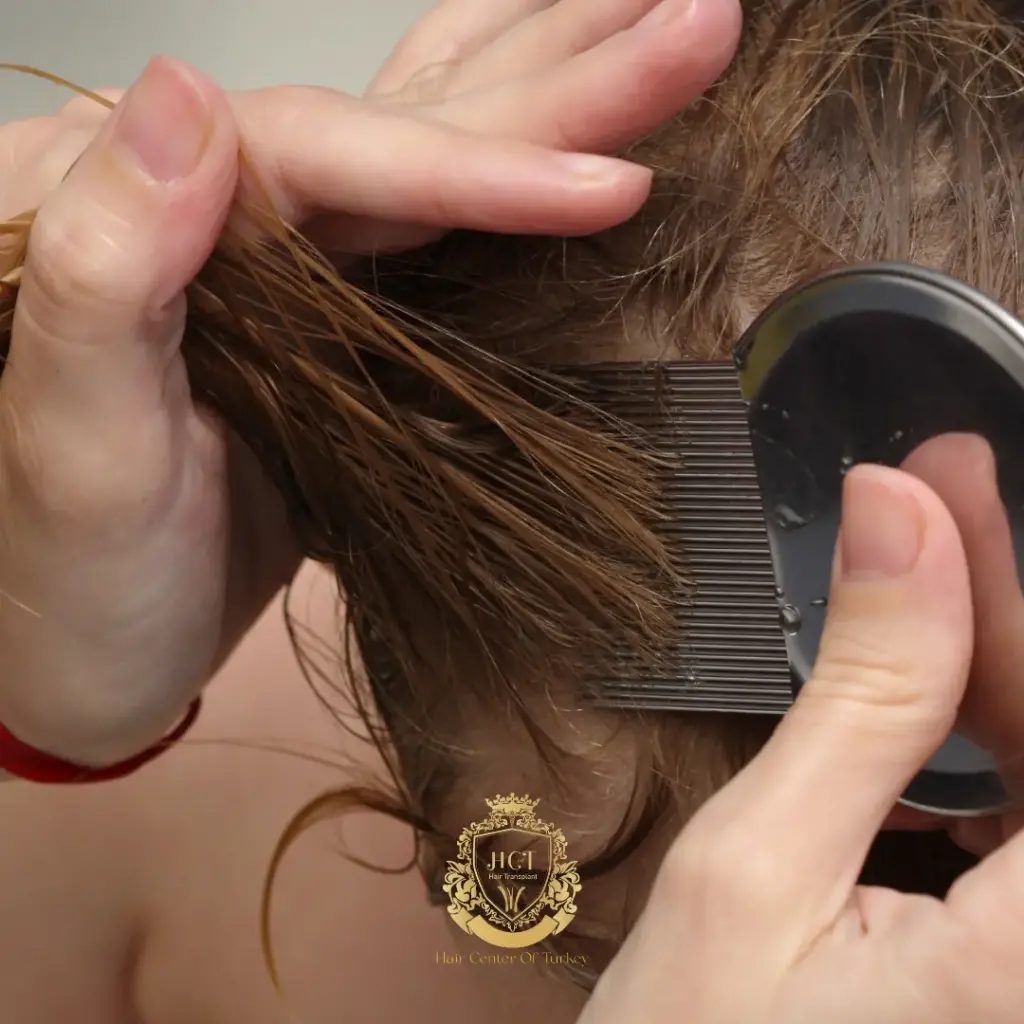Hair Dye Allergy
Hair dyes, which are mostly used by women, are one of the most practical methods to make them feel more beautiful and happy. Sometimes not getting the expected result can cause sadness in people. Especially for those who want to get a different look with hair dye at an early age, serious allergic reactions can be seen. Contrary to popular belief, hair dye allergies can reach significant levels. Allergies caused by dye can cause many negative effects such as redness, crusting, watering, itching and edema all over the body on the face, eyelids and behind the ears.
Hair dye allergy can cause serious health problems. Therefore, allergic testing of hair dyes should be done and their effects should be learned. If an allergic substance is detected as a result of the test, these dyes should be avoided. In addition, it is a critical detail that people who want to dye their hair should dye their hair at long intervals, not continuously. It is also important that the waiting time of the dye in the hair is short. Therefore, before using permanent and PPD-containing hair dyes, you should consult someone who knows.

What Are the Most Allergenic Hair Dyes?
Among the most allergenic hair dyes are usually permanent dyes. Today, the most preferred permanent dyes may have more than one allergic effect. The reason why these dyes are called permanent is that the dye can settle on the upper part of the hair and then the washed dye is easily removed. It takes an average of 4 to 6 weeks for dyed hair to be dyed for the second time. Such dyes contain powder, cream or liquid.
Temporary hair dyes are among the most allergenic hair dyes. People who have graying hair, who want to get an idea before permanent dyeing or who want to dye their hair due to a special situation, dye their hair with temporary dye for a short-term effect. After the process is completed, the dye is removed from the washed hair. The possibility of allergic reactions in temporary dyes is very low.
The prominent option among natural hair dyes is henna. Many people are not interested in the fact that henna, which has an intense color tone, does not give stable color to the hair and does not disappear quickly. Compared to other dye types, henna is kept on the hair for a longer period of time, which harms the preferability of henna.

Does Frequent Coloring Damage The Hair?
Some substances in hair dyes may cause undesirable results. These side effects are usually seen in permanent dyes. The possibility of hair dyes being absorbed by the roots and passing into the blood is almost negligible. However, there are differences between this situation and the answer to the question “Does frequent coloring damage the hair?”. Continuous dyeing of the hair without taking into account the time required to wait may cause damage to the roots, the hair to turn into a fragile structure, and a dull and faded appearance. A person who does not want the hair follicles to be damaged should pay attention to dyeing their hair at long intervals. Apart from long intervals, it is also very important to keep the dye in contact with the hair for a short time.
Some people may develop allergic reactions to hair dyes. Especially the substances contained in the dyes cause this reaction. The substance that causes the reaction most is known as PPD (paraphenylendimane). In susceptible people, second contact with PPD can cause the onset of allergic reactions. While there is no reaction after the first contact, this should not be misleading.
FAQ (Frequently Asked Questions)


